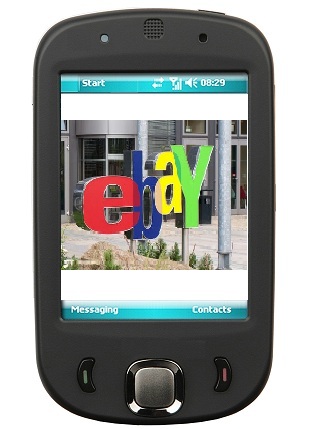 Mobile commerce becoming more popular with eBay
Mobile commerce becoming more popular with eBay
E-commerce and mobile commerce are gaining momentum and capturing the attention of consumers around the world. As smart phones and tablets become more common, consumers are looking for new ways to shop and purchase products. The more popular mobile commerce becomes, the more companies that emerge looking to establish their hold on the market. They may be unable to compete with those that have long been in the online retail space, however, such as eBay.
Analysts expect eBay to make a major push for mobile commerce in 2013
eBay has come to embrace mobile commerce in a major way. The online retailer saw major results from its mobile commerce initiatives during the 2012 holiday season. These results have helped encourage the company to continue its pursuit of establishing itself as a dominating force in the mobile commerce sector. Analysts from Canaccord Genuity suggest that eBay will continue to see promising results in mobile commerce as online shopping models become more efficient and optimized for mobile consumers.
eBay may soon compete with Amazon
Analysts suggest that eBay will see significant growth, especially in terms of the stock market, in 2013 because of the company’s focus on mobile commerce. Consumers have long been interested in purchasing products online, but have largely been restricted to their PCs. The advent of mobile technology and mobile commerce allow consumers to shop for products wherever they are. Analysts suggest that eBay currently boasts of the most robust mobile commerce services in the retail sector, which could put it in line to compete with Amazon.
Retailers expected to clash in the future
Amazon has also been showing extreme interest in mobile commerce. The company has long been at the head of the e-commerce race, but eBay is quickly becoming a major competitor. Both companies are expected to clash in the mobile commerce arena, with the victor being decided by the company that offers the most intuitive and efficient mobile commerce services to consumers.

 The results of a recent poll have shown that those who use mobile most aren’t shopping with their devices.
The results of a recent poll have shown that those who use mobile most aren’t shopping with their devices.